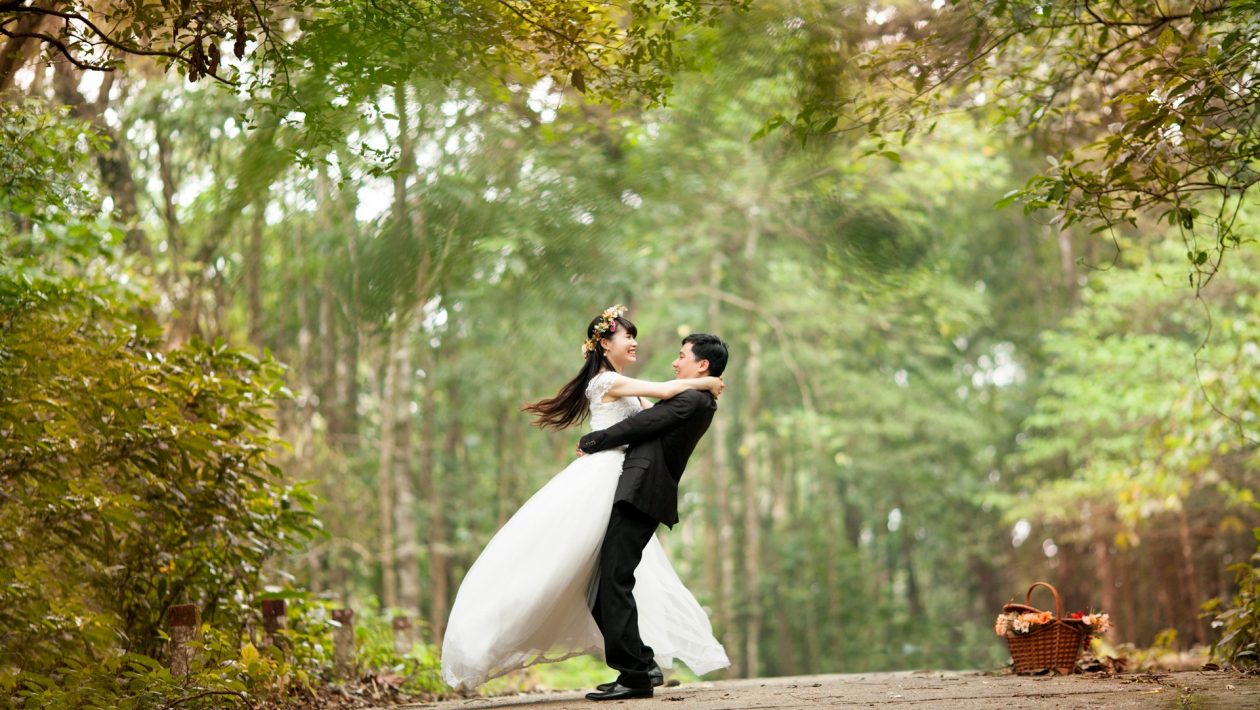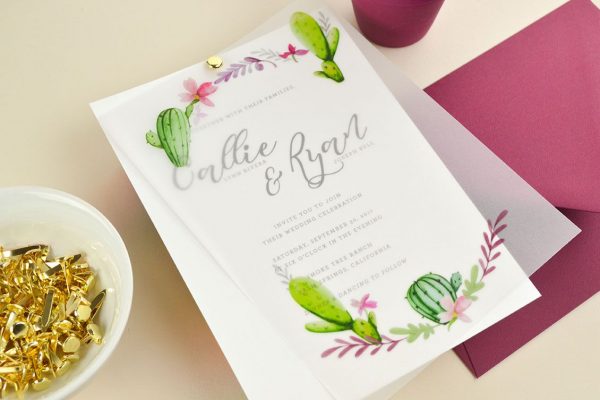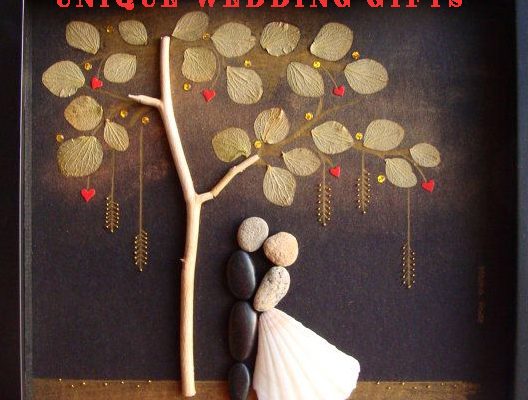The last thing you want when you’ve been planning a wedding for months is a major mishap. But events of that magnitude can go terribly wrong, and wedding insurance can help you protect your investment.
Most wedding venues require couples to have liability insurance because otherwise, the venue would be liable. This insurance protects the couple if a wedding has to be canceled or rescheduled. The claim can help recover lost deposits, damages, medical costs, retaking photographs, and lost items, among others.
Why should you consider taking wedding insurance?
Because weddings cost a truckload of money, that’s why. According to BBB, the average cost of weddings is $30,717. That’s about the price of a new car, and you’d never buy a car and not insure it.
A wedding has so much riding on it, and it’s not just money. You can’t replay it once it’s in motion. And some disasters are out of your hands, even with the best planning team.
If you have insurance, however, you can try to salvage the day or recoup losses as a result of major mishaps. You can have peace of mind as the day approaches, knowing that unforeseeable circumstances are accounted for.
Things That Can Go Wrong at Your Wedding
Here are seven scenarios in which wedding insurance would help you:
1. A Fire at the Venue
Wedding venues are in high demand, and people book them for months in advance. Therefore, imagine the disaster that would come from a fire at the wedding venue just weeks before your big day.
Fire isn’t something you can anticipate, and if you paid deposits already, you have a lot of money on the line. Insurance can help cover the cost of finding a new venue and repaying deposits and cancellation/rescheduling fees, among others.
Fires can also happen during your wedding day, especially if you have candles, lights or tons of equipment (what wedding doesn’t?!). DIY projects often include paper flowers, paper lanterns and the like. These are just ire hazards waiting to happen.
If your actions or those of your guests damage the wedding venue, you may be liable to pay, but wedding insurance can step in and take care of it.
2. Illness or Family Tragedy
You can’t know when you’re going to get sick, and even the best-planned weddings can be affected. If the bride or groom falls seriously ill, you will need to cancel or reschedule the wedding.
Sometimes, tragic events so close to the wedding can force the couple to reconsider their wedding plans. Someone in the nuclear family could become seriously ill, or God forbid, die. Depending on the details, the couple may need a few weeks to deal with the tragedy before going ahead with the wedding.
If you decide to go on with the wedding, inform your suppliers so that they can make concessions to help you get through the day.
Informing your photographer or videographer is essential – for example, you can take as many pictures while you’re feeling okay. This makes up for the times your face can’t be on camera because it’s positively green. Your makeup artist can help conceal some of that color too!
3. Bad Weather
Many couples stress over the weather forecast, especially if you’re hosting an outdoor event. A little rain is actually not the worst thing that can happen on your wedding day. The worst thing is the weather being so bad that your wedding guests are unable to travel and join you.
You can choose a date in the spring or summer, but global warming has made weather patterns more unpredictable. Wedding insurance can protect you from losing deposits or your entire investment.
Don’t look at the wedding forecast way in advance – that’ll only stress you out. Instead, make arrangements for the general weather around the location in that season. Once you enter the wedding week, you’ll have a more reliable forecast of the weather on the day.
Based on that, plan for the worst weather expected. If rain is expected, ask for tents with side coverings. The setup team should mount the side coverings so that they can be easily let down if it starts to rain. Order fleece blankets if temperatures are expected to drop.
4. Too Many Wedding Guests
What do you do when too many people have RSVP’d indicating they’ll bring a plus one? Or more people than you expected confirmed?
You can avoid this by sending out the maximum number of invites that you’re comfortable hosting. If you’re expecting 200 guests, send out 180 invites, including children and plus-ones. You can indicate that invites admit one person, and so send two invites for couples.
If your headcount reveals more than you anticipated, you’ll need to make arrangements for them, and your insurance may cater for the additional cost. Insurance can also help if you discover you have more guests than you expected on the day.
There is any number of reasons a guest finds they have to bring extras to the wedding. For example, their sitter canceled at the last minute, and they couldn’t find another one. Those few open spots could help you take care of this.
Some venues are very strict about numbers, and demand that you pay for the extra heads. Some caterers provide for an overflow of 10 percent of your expected numbers at no additional charge. Find out their policy in advance so you can avoid any surprises.
5. Trouble with Suppliers
Supplier drama is one of the most common wedding mishaps, but often it is manageable. The only exception is if the supplier fails too close to the wedding, or if they go bankrupt or shut the business.
This can happen for many reasons, and often there’s little you can do in the moment. Even if you bring suit, it might not conclude in time for your wedding. You’d still need to make alternate arrangements, and insurance can help you pay for the extra cost.
Ensure that you’re dealing with highly reputable suppliers. Ask their former clients and also independent online review sites for both good and bad reviews. Read your contracts line by line and consult a lawyer where you don’t understand.
As the day approaches, touch base with the suppliers to ensure plans are on course and avoid nasty surprises too close to your wedding. Be sure to find a reliable insurer like Morison Insurance Brokers Inc. to cover you during such cases.
6. Power Outages or Equipment Failures
Electricity outages can happen, especially if the wedding is in an older site or private estate. These venues may not be designed to fulfill the power demands of a full wedding. It’s a good idea to have an electrician on-site for the day in these situations.
As a general rule, ensure that your wedding venue has a standby generator in case there’s a power outage. Find out what your photographer, DJ, caterer, lights and other suppliers need in equipment and ensure you have those and backups.
Insurance may help you cover the cost of renting equipment if suppliers’ equipment malfunctions on your wedding day. Ideally, this should be a cost on the supplier, and you can sort that out once the wedding is over. In the moment, you must make arrangements so that the wedding continues.
7. Damaged Outfits
The wedding dress and groom’s tuxedo are the most essential pieces of attire present at a wedding. Naturally, you have taken every precaution to ensure it is well-fitting, clean, pressed, and perfect for the day.
But accidents can happen.
The dress can get caught on a nail and tear. A guest can spill a glass of red wine or food on it. You could fall. Zippers could fail.
Whether it’s yours or belonging to someone in your wedding party, an outfit malfunction can cripple your wedding day. At best, it will interrupt your enjoyment and sully the celebration.
It helps to have a seamstress available on the day. Some people prefer to have them as invited guests (if you have a relationship), but you may invite them in their professional capacity. They should have their tools at the ready.
If the situation is unsalvageable, insurance can cover the cost of renting another outfit on short notice so that the celebration continues.
Wedding Insurance – Final Thoughts
Just like other insurance policies, you need to read and understand what wedding insurance does and doesn’t cover. Expect to pay more for more expensive weddings.
Some high-risk situations will increase your premium. For example, having an open bar increases the chances of drunk and rowdy/disorderly guests. Or having an outdoor wedding in the winter – this one speaks for itself.
Standard wedding insurance packages cover venue mishaps, weather mishaps, wardrobe malfunctions, job transfers or military deployments, illness/accidents at the wedding (if a guest gets ill after eating at the wedding) among others.
Bespoke packages can cover wedding photography/videography gone awry, lost gifts, personal liability, and travel insurance for the honeymoon.
Finally, it’s worth mentioning that no wedding insurance covers cold feet. Mishaps must originate from factors beyond your control.
If you love this post, be sure to share it with your friends.





